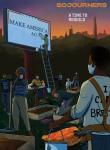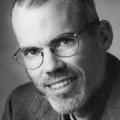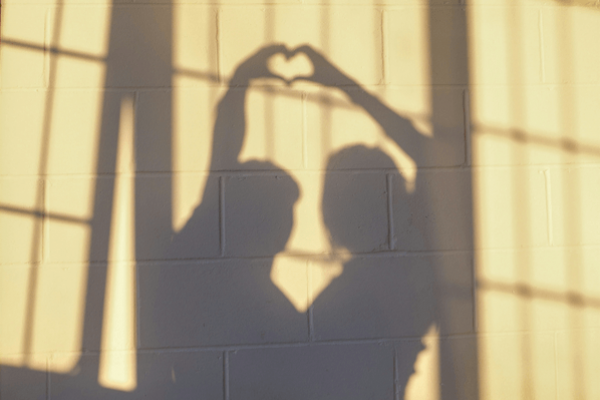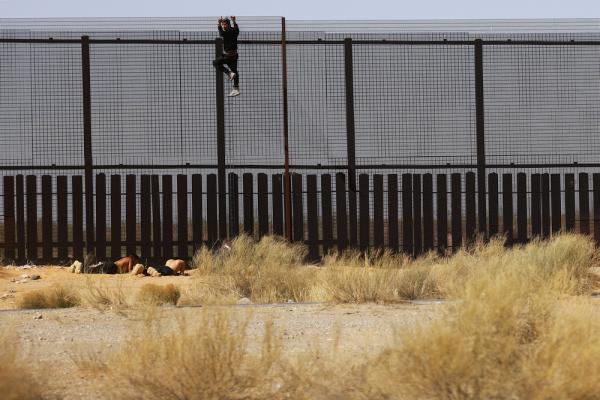WHEN WE SAY that “humans are heating up the planet,” we are technically correct, and yet misleading. Humans are indubitably driving climate change—but only some of us.
An Oxfam study released this fall showed that between 1990 and 2015—a period when we poured more carbon into the atmosphere than in all of history before that time—the richest 1 percent of humanity accounted for more of that damage than the entire bottom 50 percent of the species. In case you think that the top 1 percent is Jeff Bezos and Bill Gates, remind yourself that in fact it’s anyone whose income tops $109,000 a year—that includes plenty of readers of this magazine. The richest 10 percent of humanity accounts for half of total emissions—that’s everyone whose income is above $38,000. That’s quite likely you; it’s certainly me.
These people are scattered around the world, though the biggest concentrations are in the U.S., the EU, China, and the Middle East; India is appearing in the league tables too, a reminder that inequality is as much a problem within nations as between them. But what’s really sad, of course, is that anyone with a decent income is able to insulate themselves from most of the problems they’re causing. It’s people in poverty—whether in the Lower Ninth Ward of New Orleans or along the delta of the Brahmaputra in Bangladesh—who get hit first and hardest.
One upshot of this research is that the richest people should strive to change their habits—fewer long-haul flights, in particular. But given the short window of time that we have, the real hope is that some of these same people will actually involve themselves in the battle to change the political and economic structures that keep us burning fossil fuel. Because, of course, the rich don’t just control the flow of carbon; they control the flow of power.
We need, as it were, some class betrayal.
Or, we need a renewed and powerful uprising of the people whose lives are most stunted and future most degraded.
Or, we need some strikingly successful attempt to build a sense of shared humanity, a real solidarity. Climate change, since ultimately it imperils us all, gives us perhaps the best shot at what the pope, in his most recent encyclical Fratelli Tutti, called “the rebirth of a universal aspiration to fraternity.” In a TED Talk a few days later, Francis put it more plainly: “In fact, the Earth must be taken care of, cultivated, and protected; we cannot continue to squeeze it like an orange. And we can say this, taking care of the Earth is a human right.”
He’s right. We have to do something—and the “we” is pretty clear.

Got something to say about what you're reading? We value your feedback!







